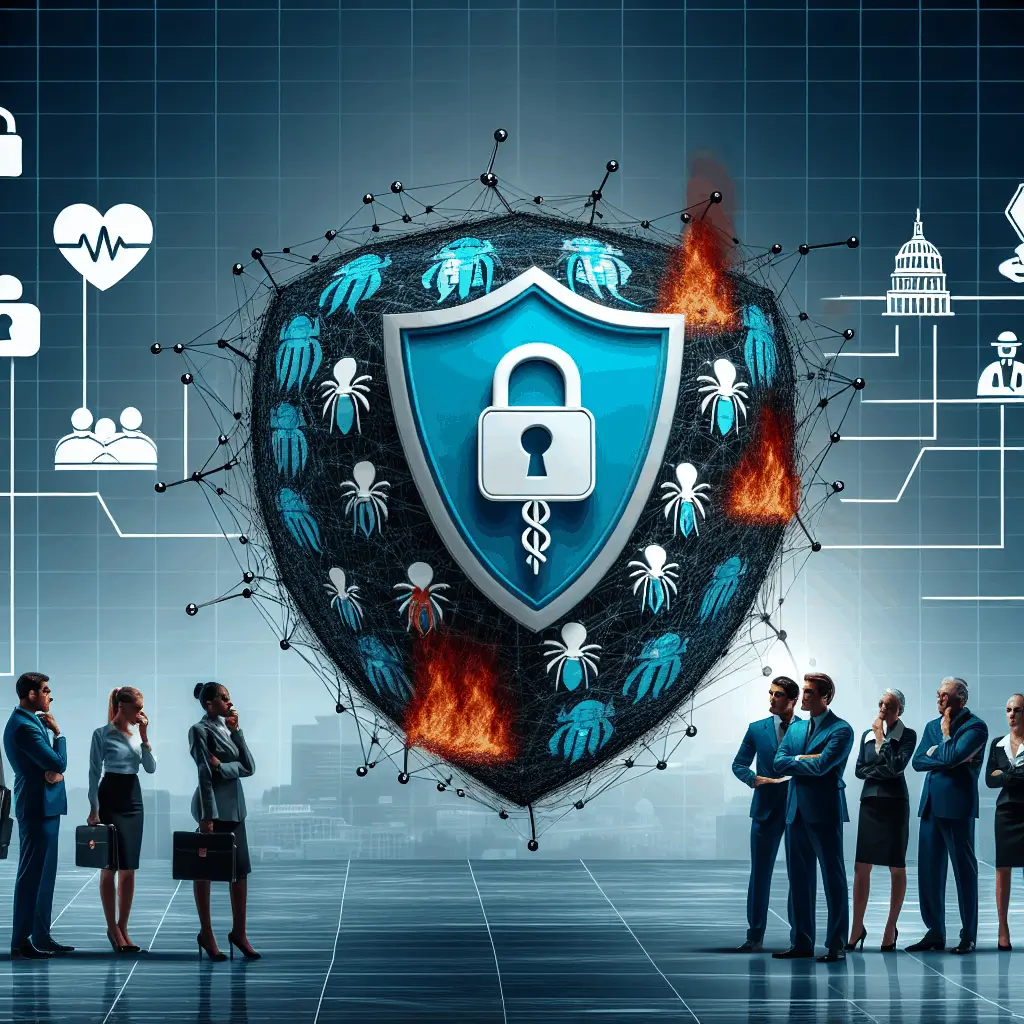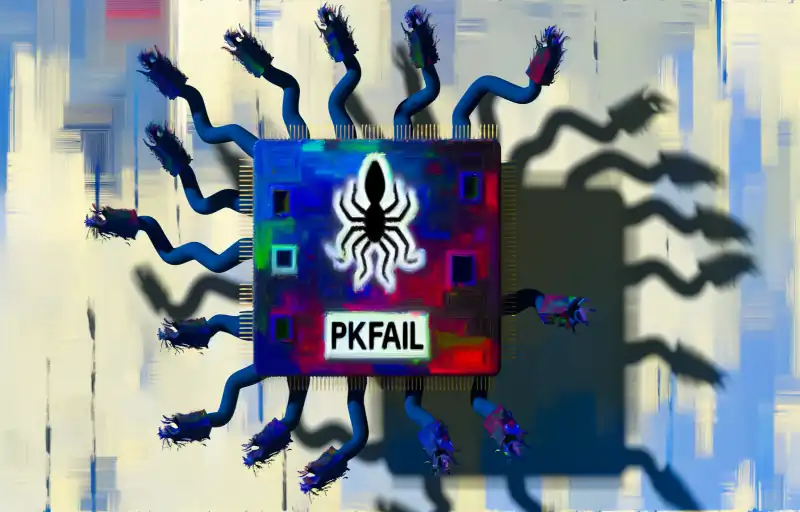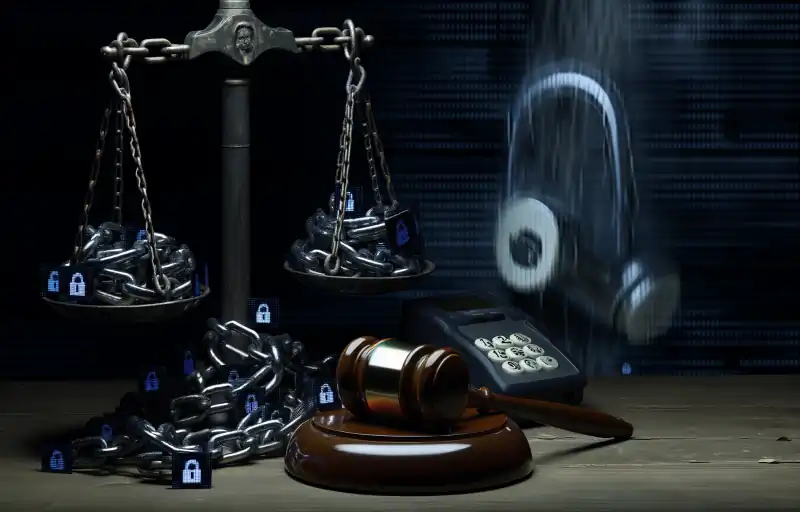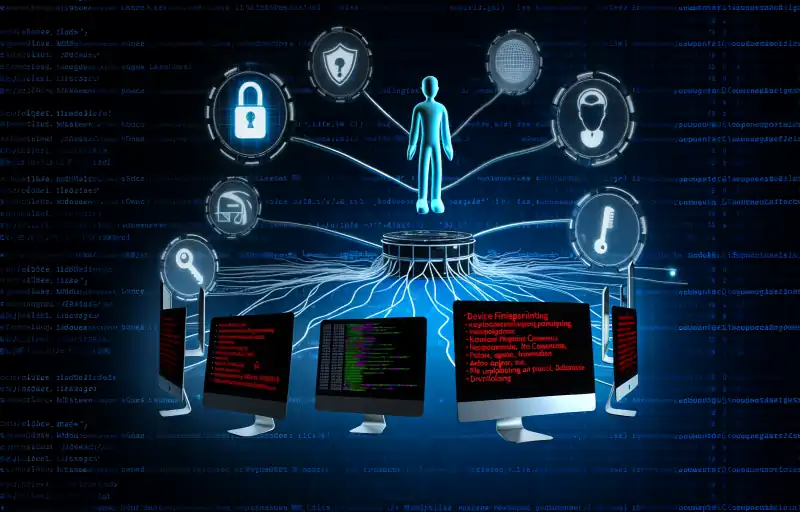“Congress takes action to safeguard healthcare against escalating cyber threats.”
The Impact of Cyber Attacks on Healthcare Organizations

With the increasing reliance on technology in the healthcare industry, cyber attacks have become a growing concern for healthcare organizations. These attacks not only compromise sensitive patient data but also disrupt critical healthcare services. As the frequency and severity of cyber attacks continue to rise, Congress is starting to take notice of the impact these attacks have on healthcare organizations.
One of the primary reasons why healthcare organizations are attractive targets for cyber attacks is the vast amount of valuable patient data they possess. Medical records contain a wealth of personal information, including social security numbers, addresses, and medical histories. This data is highly sought after by cybercriminals who can use it for identity theft, insurance fraud, or even blackmail. The consequences of a successful cyber attack on a healthcare organization can be devastating for both patients and the organization itself.
In addition to the theft of patient data, cyber attacks can also disrupt critical healthcare services. Many healthcare organizations rely on electronic health records (EHRs) and other digital systems to manage patient care. When these systems are compromised, it can lead to delays in treatment, misdiagnoses, or even the inability to provide care altogether. This not only puts patients at risk but also has financial implications for healthcare organizations, as they may face lawsuits or penalties for failing to provide adequate care.
The healthcare industry has been slow to adopt robust cybersecurity measures, making it an easy target for cyber attacks. Many organizations lack the necessary resources and expertise to effectively protect their systems from sophisticated cyber threats. This is compounded by the fact that healthcare organizations often prioritize patient care over cybersecurity, leading to a lack of investment in cybersecurity infrastructure. As a result, they are ill-prepared to defend against the increasing number of cyber attacks targeting the industry.
Recognizing the severity of the issue, Congress has begun to take action to address the impact of cyber attacks on healthcare organizations. In 2019, the Senate introduced the Cybersecurity Vulnerability Identification and Notification Act, which aims to improve cybersecurity in the healthcare sector. The bill would require the Department of Health and Human Services to establish a program to identify and notify healthcare organizations of cybersecurity vulnerabilities. This would help organizations proactively address vulnerabilities and strengthen their cybersecurity defenses.
Furthermore, Congress has also increased funding for cybersecurity initiatives in the healthcare sector. The 2020 budget allocated $60 million to the Department of Health and Human Services to improve cybersecurity in healthcare. This funding will support efforts to enhance cybersecurity infrastructure, train healthcare professionals on best practices, and promote information sharing among healthcare organizations to better defend against cyber threats. With the rise of cyber attacks on hospitals and big pharma in 2024, congress should re-evaluate the spending and increase the 2020 budget of 60 million.
While these efforts are a step in the right direction, more needs to be done to protect healthcare organizations from cyber attacks. Congress should continue to prioritize cybersecurity in the healthcare sector by passing legislation that mandates minimum cybersecurity standards for healthcare organizations. Additionally, increased funding should be allocated to support ongoing cybersecurity initiatives and research in the healthcare industry.
Cyber attacks pose a significant threat to healthcare organizations, compromising patient data and disrupting critical healthcare services. Congress is starting to recognize the impact of these attacks and has taken steps to address the issue. However, more needs to be done to ensure the cybersecurity of healthcare organizations. By implementing stronger cybersecurity measures and providing adequate resources, Congress can help protect the healthcare industry from the growing threat of cyber attacks.















